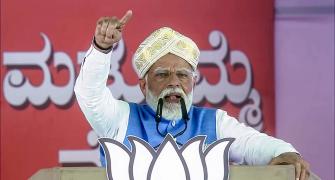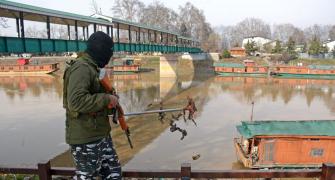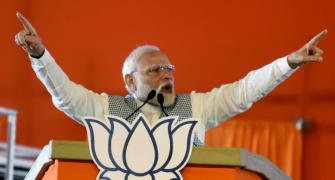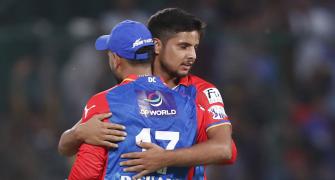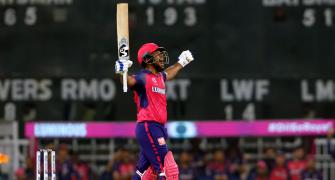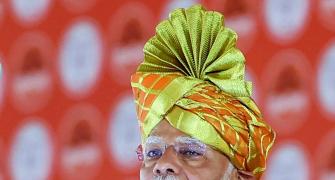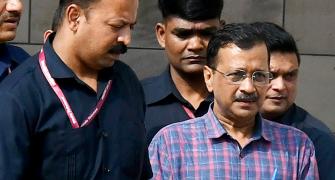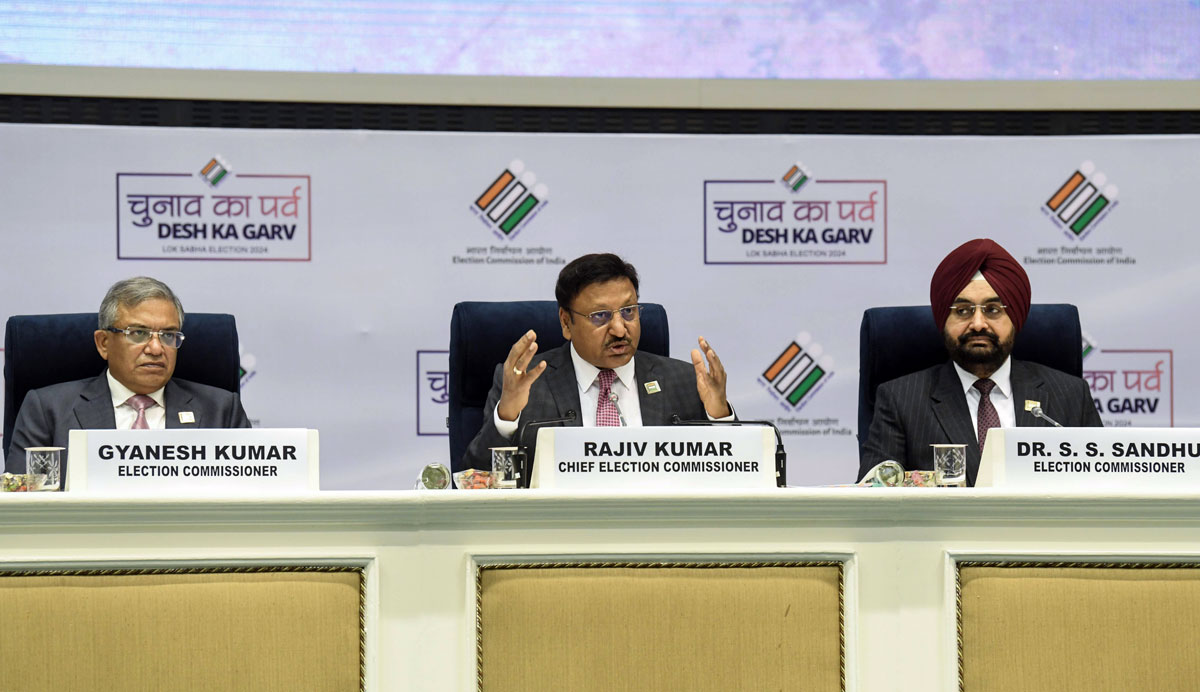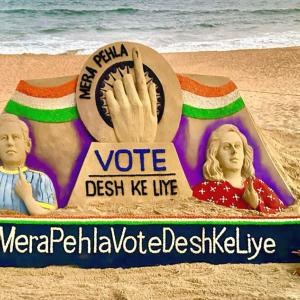The voting period for the 2024 Lok Sabha polls, spread over 44 days, would be the second longest after the first parliamentary elections of 1951-52 that lasted for more than four months.

The shortest voting period for a general election in the country was in 1980 and it was just four days.
The total days of the electoral process this time, from the announcement of the polls by the Election Commission on Saturday till counting of votes, is 82.
Lok Sabha polls will be held in seven phases beginning from April 19 and the counting of votes will take place on June 4 for the world's biggest election exercise in which Prime Minister Narendra Modi will bid for a third consecutive term.
Dates are decided based on the geography of regions and other factors such as public holidays, festivals and examinations, Chief Election Commissioner (CEC) Rajiv Kumar said at a press conference on Saturday when asked about the long-duration of polls.
He was also asked if this long schedule could work against opposition parties.
"It has been asked why elections are being held in seven phases and opposition parties have alleged that it may disturb the level-playing field...," Kumar said.
"Look at the geography of the country...there are rivers, mountains, snow, jungle, summers...think of the security forces' movements, they will move in the gaps between phases, through the length and breadth of the country...imagine the pressure on them. There are festivals and exams...when we sit with the calendar, we fix one date, then it has to be changed...," he said.
"We do not take any action to favour anyone or hurt anyone. If anyone has such doubt they are wrong," the CEC said.
Several opposition parties have criticised the move to hold elections in seven phases, especially in states such as West Bengal, Bihar and Uttar Pradesh.
Kumar, however, said more phases have to be held in larger states, which have higher number of constituencies and candidates.
The country's first general election was held between October 25, 1951, and February 21, 1952, the longest so far.
During the 1951-52 election, 489 seats of the Lok Sabha were allotted across 401 constituencies in 25 states.
There were 314 constituencies electing one member using the first-past-the-post system, and 86 constituencies elected two members, one from the general category and one from scheduled castes or scheduled tribes. One constituency elected three representatives.
Due to the challenging logistics, the election was held in 68 phases. Majority of voting took place in early 1952, but Himachal Pradesh voted in 1951 as its weather was commonly inclement in February and March.
The remainder of states voted in February-March of 1952, except for Jammu and Kashmir, where no voting took place for Lok Sabha seats until 1967.
Between 1962 to 1989, the duration of the Lok Sabha elections was between four to 10 days. The shortest election was held in 1980 -- from January 3 to 6 -- when Indira Gandhi was voted back to power.
In 2004, the four-phase Lok Sabha polls took 21 days; in 2009, there were five phases and the process was a month long. In 2014, the election was held in nine phases, and took 36 days.

